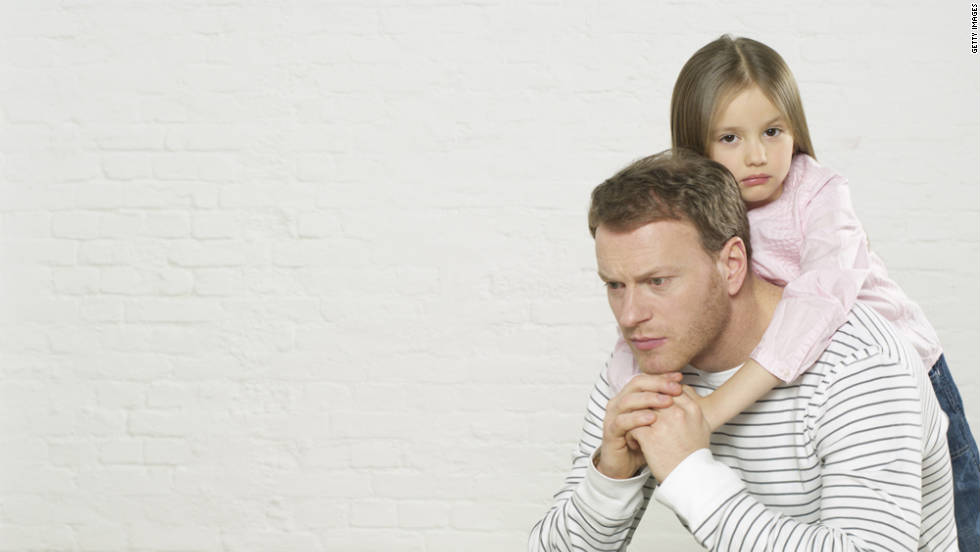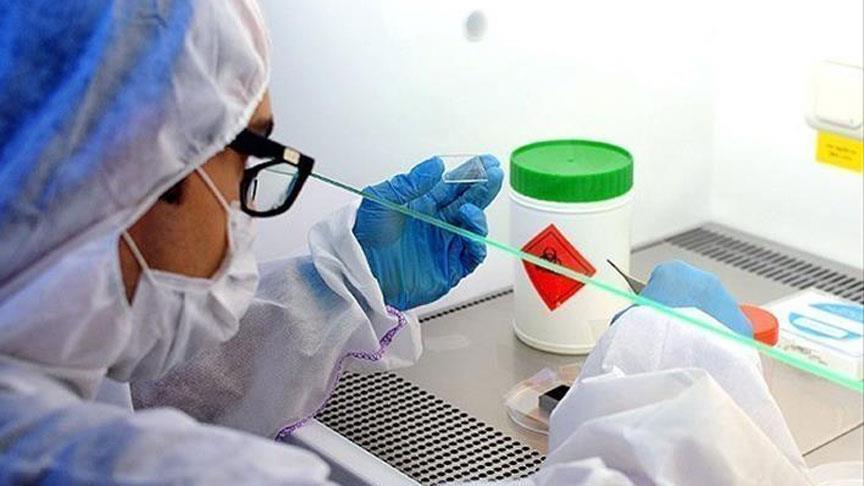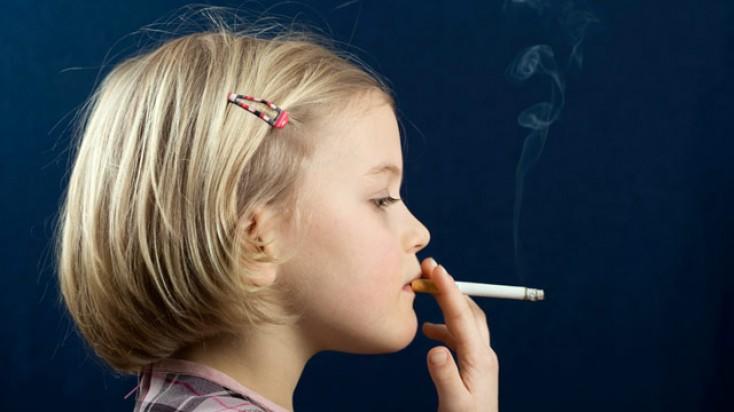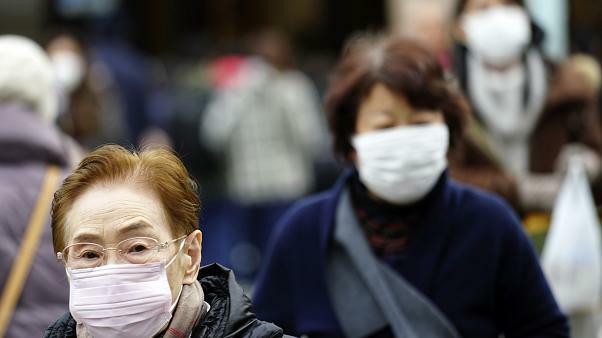Doctors and researchers have known for years that children are more likely to develop mental-health problems if their mother has struggled with depression. But what if it's the father who's depressed?
According to a new study -- one of the first to examine mental-health patterns in a nationally representative sample of dads and kids -- a child's odds of developing emotional or behavioral problems increase by as much as 70% if the father shows signs of depression. That's smaller than the increased risk associated with depressed moms, but it's still cause for concern, researchers say.
"For years we've been studying maternal depression and how it affects children, but the medical community has done a huge disservice by ignoring fathers in this research," said the study's lead author, Michael Weitzman, a professor of pediatric medicine at New York University, in New York. "These findings reinforce what we already assumed -- that fathers matter, too, and they matter quite a lot."
The situation is predictably worse if both parents are depressed. Just 6% of children with two mentally healthy parents have serious emotional or behavioral problems, such as feeling sad or nervous, acting out at school, or clashing with family and peers, the study found. But that proportion increases to 11% if the father is depressed, 19% if the mother is depressed and 25% if both parents are depressed -- a strikingly high number, Weitzman says.
Although the study doesn't prove that a parent's depression directly causes problems in children, rather than vice versa, previous research on mothers and children has clearly shown that it's generally mothers who influence kids' mental health, not the other way around.
The idea that parents have an impact on their children's mental health is a "no-brainer," said Michael Brody, a spokesperson for the American Academy of Child Psychiatry and a visiting professor of American Studies at the University of Maryland, in College Park, Maryland.
Genes often play a role in passing depression and other mental-health problems from parent to offspring, Brody said, and the family environment is also important. "We learn how to adapt to situations by looking at our parents as models," he says. "So if either parent is depressed, a kid is going to be influenced by this."
Health.com: How to help someone who's depressed
The study, which appears in the December issue of the journal Pediatrics, included nearly 22,000 two-parent families who participated in federal health surveys between 2004 and 2008. During in-home visits, researchers interviewed one adult in each household -- typically the mother -- about the mental health of all family members (including the interviewee).
The researchers used two separate questionnaires to record the overall mental health and depression symptoms of the parents. These questionnaires were used only for screening purposes, the study notes, and were not equivalent to the official symptom checklists doctors use to diagnose depression.
If the father displayed below-average mental health or depression symptoms, a child's odds of having similar problems increased by 33% and 70%, respectively. The child's odds increased even more -- by as much as 200% -- if the mother had mental-health problems instead.
Boys, 12- to 17-year-olds, and white children with depressed dads had higher rates of emotional and behavioral problems than did girls, younger kids, and children of other ethnicities. The study was limited to children who live with both parents, however, so the findings as a whole don't necessarily apply to all households and family situations, the authors note.
Doctors and mental-health professionals have to do a better job of looking at the entire family picture when one member shows signs of depression, and asking about what role the father plays in a child's upbringing, Brody says. "The good news is that dads are participating in their children's lives; they're active and they're interested," he says. "The bad news is that if they're participating in a negative way, it's going to affect the kids."
Men who are feeling depressed should seek treatment, if only for the sake of their children, Brody adds. "Women are more likely to seek medical treatment in general, and psychiatric health, specifically," he says. "This is just another reason for men who are feeling down or know they're experiencing depression...to seek help."






















































